On 24 February, 2022, Alyona woke up in her home in southern Ukraine to news of military aircraft screeching overhead.
"We had a simple, calm life and suddenly war started," recalls the 32-year-old mother of three. "It was scary."
A year later, the war in Ukraine has upended life inside and outside the country - and posed enormous challenges to the World Food Progamme's (WFP) humanitarian operations.
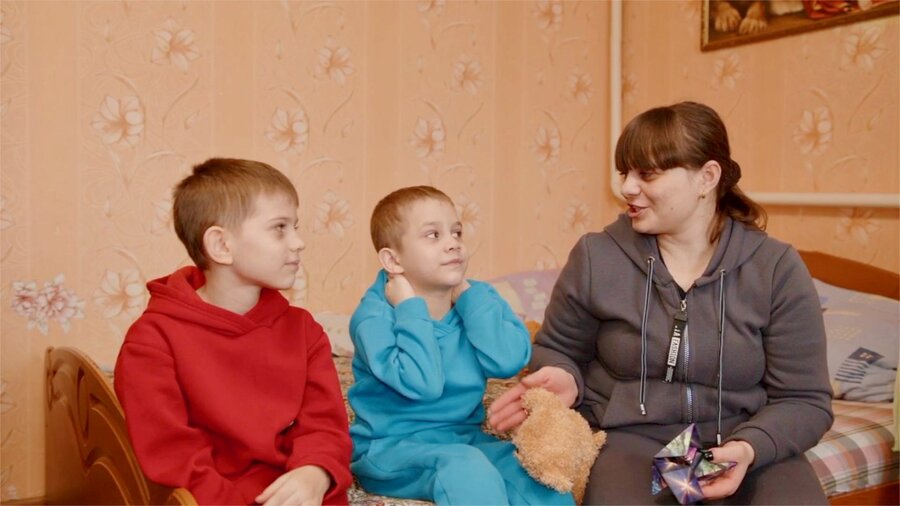
More than five million people are internally displaced in Ukraine; nearly eight million have joined the swelling ranks of refugees in Europe. Many like Alyona have been uprooted multiple times - part of one of the fastest forced population movements since World War II.
Today, roughly one in three families in Ukraine - 11 million people - are food insecure. Nearly one-third of the population is unemployed. Many are now weathering a bitterly cold winter without power.
Landmines and other war debris have left some farmland too dangerous to plant - a massive setback for one of the world's biggest breadbaskets.
The fallout of the war has been widespread and devastating - feeding a hike in global prices, deepening hunger in countries as far flung as Lebanon, Sudan and Venezuela, and pushing the most precarious, like Somalia and Yemen - grappling with conflicts of their own - one step closer to a hunger catastrophe.
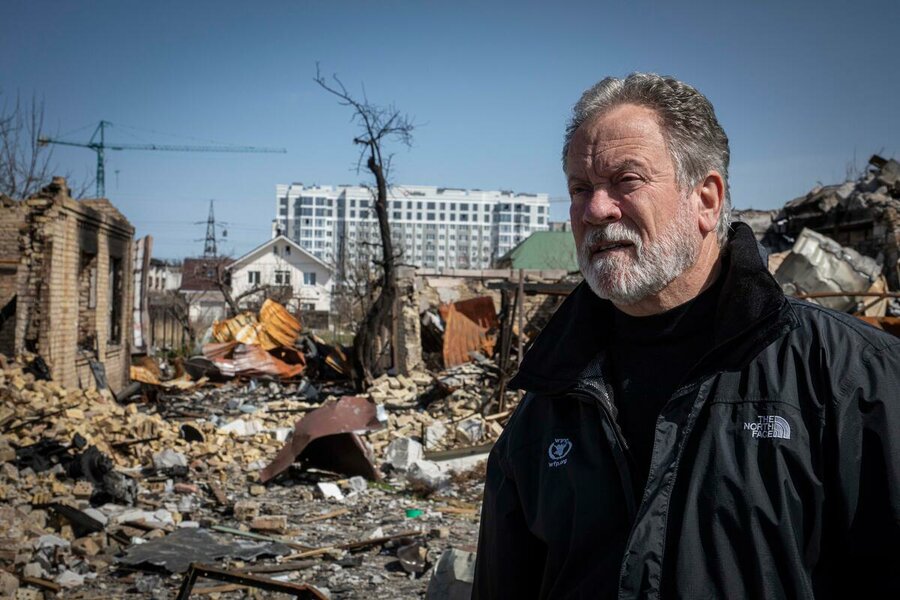
Now, with a key grain initiative set to expire next month, the impact of the war risks sharpening.
"To all the leaders in the world, we need to renew the Black Sea Grain Initiative," says WFP Executive Director David Beasley of a 2022 agreement allowing WFP and other shipments of Ukraine grain to vulnerable countries.
"It must be renewed at all costs," Beasley says. "Ukraine alone feeds 400 million people around the world."
Massive ramp-up
The past year also saw a stunning ramp-up of WFP's response to an unprecedented crisis - despite sharply higher operating costs. Days after Alyona's frightening wake-up call, we had launched an emergency operation in Ukraine to provide food assistance and led a logistics push on behalf of the wider United Nations.
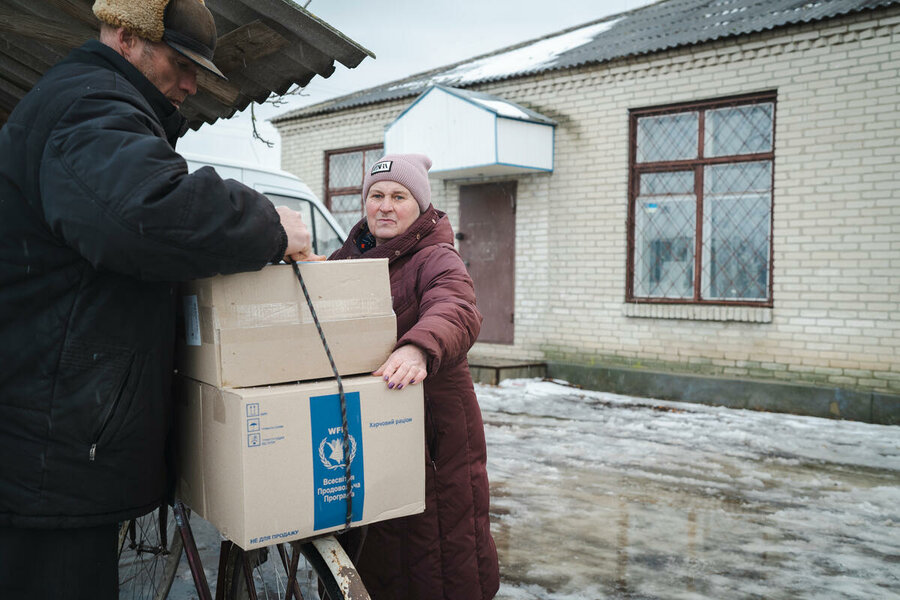
Now, on any given month, WFP supports roughly three million war-displaced and affected people within Ukraine, distributing food all over frontline areas. Where supermarkets and banks are functioning, we also distribute cash, which supports local economies and incentivizes shops to reopen when conditions are deemed safe.
Since last March, WFP's programmes and grain exports have injected more than US$700 million into the Ukrainian economy. Almost all our food is sourced locally, and we work directly with local responders.
The fresh bread, for instance, that WFP sends to thousands of families living on the frontlines, comes from local bakeries - like a women-led business in the southern Ukrainian city of Mykolaiv.
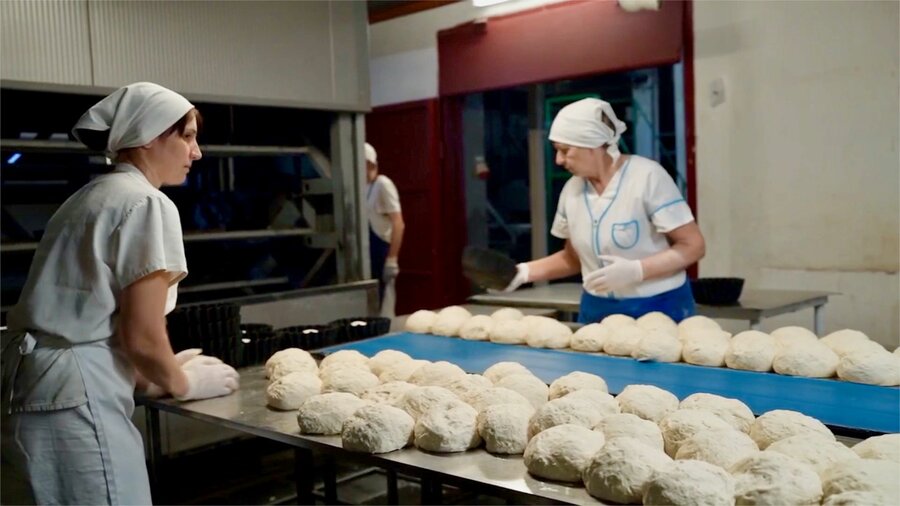
"We deliver to villages where there is no electricity, gas or water, to people in destroyed villages left without anything," says the bakery's owner Alyona Rakova. "We see how much value our bread has for these people."
Across the border in Moldova, WFP's monthly food and cash assistance reaches thousands of Ukrainian refugees as well as host families. Our support includes hot meals for Ukrainians living in special refugee accommodation centres, like one in the central Moldovan city of Criuleni.
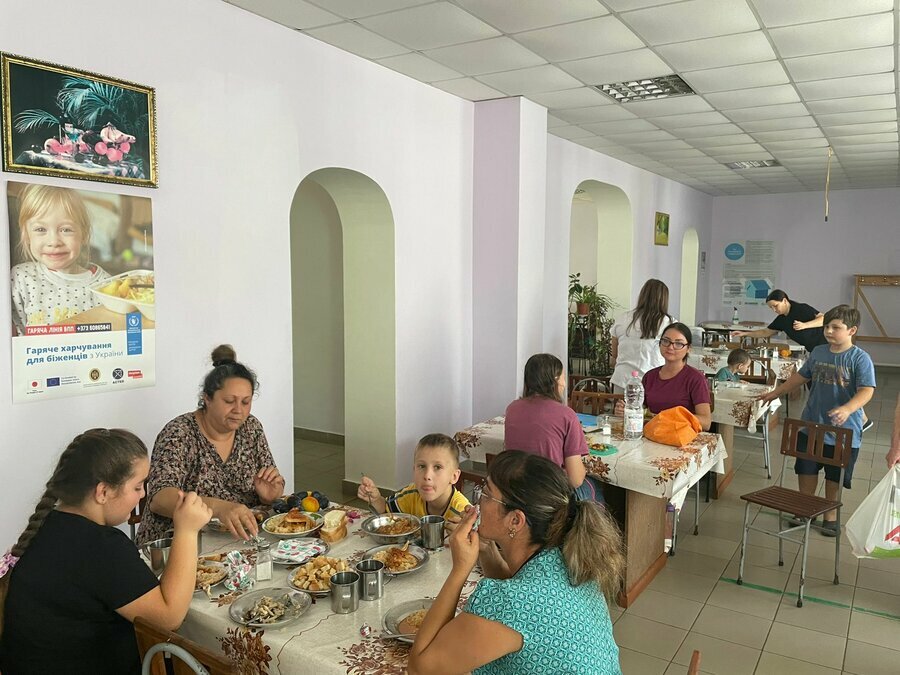
"I always think about dishes that can remind them of home," says chef Tatiana, who herself was displaced by an earlier conflict in Moldova. "I want them to be happy here."
Black Sea breakthrough
The war in Ukraine has also intensified a broader food and energy crisis. The fallout was especially acute early last year, as millions of tons of Ukrainian grain were blocked in Black Sea ports. That included WFP food assistance, desperately needed by vulnerable communities in Africa and elsewhere.
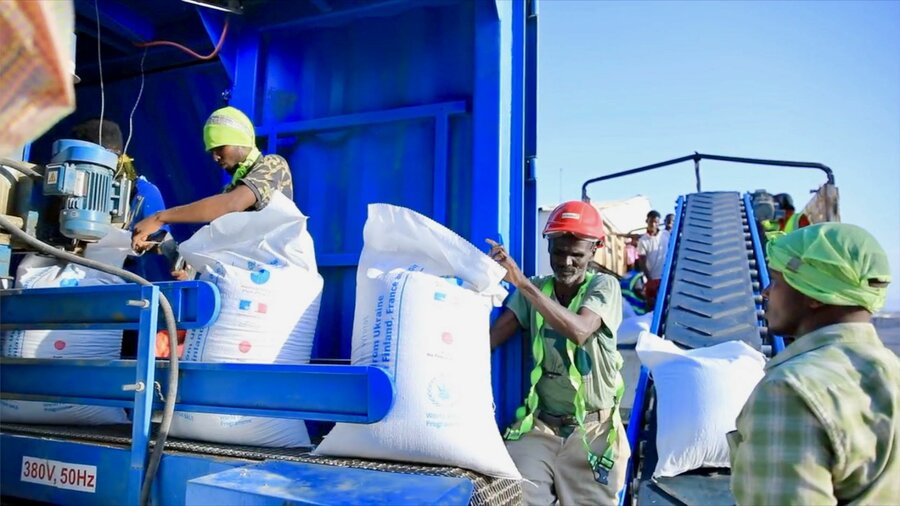
Last July saw a breakthrough, with the Black Sea Grain Initiative opening a maritime corridor for food exports. Soon after, the first WFP shipment was on its way; some 23,000 metric tons of wheat bound for the drought-hit Horn of Africa, where millions risked catastrophic hunger. Since then, 16 WFP-chartered vessels have sailed under the initiative.
In countries like Yemen, where some places face emergency hunger levels, WFP wheat which arrived last October reaches families like Mariam Othman's, in the country's northwestern Hajjah Governorate.
"If the food basket was not delivered, we could have died of hunger,'' says Mariam, a widow and mother of three of the WFP assistance that also includes pulses and oil.
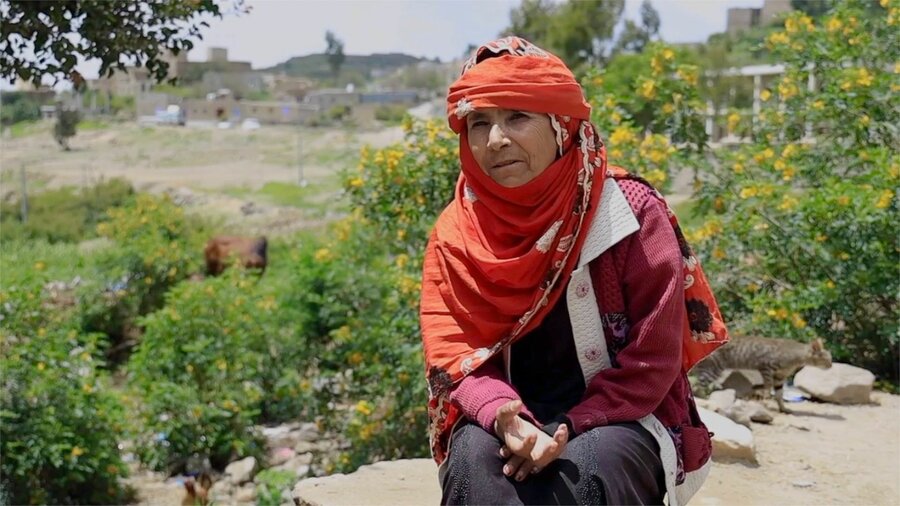
In Ukraine, WFP is looking ahead at the next growing season - working with the Food and Agricultural Organization, Ukrainian authorities and other partners to clear agricultural land of mines and explosive remnants.
"The main challenges we have today are the fields that we cannot enter because we do not know whether they are mined or not," says Klepach Alexander Mykolayovych, a farmer from southern Ukraine, who nonetheless remains hopeful of a good grain harvest.
"The faster we can get some of these farming communities up and running, the faster they can contribute to the economy," and to food diversity, says WFP Ukraine Deputy Country Director Marianne Ward.
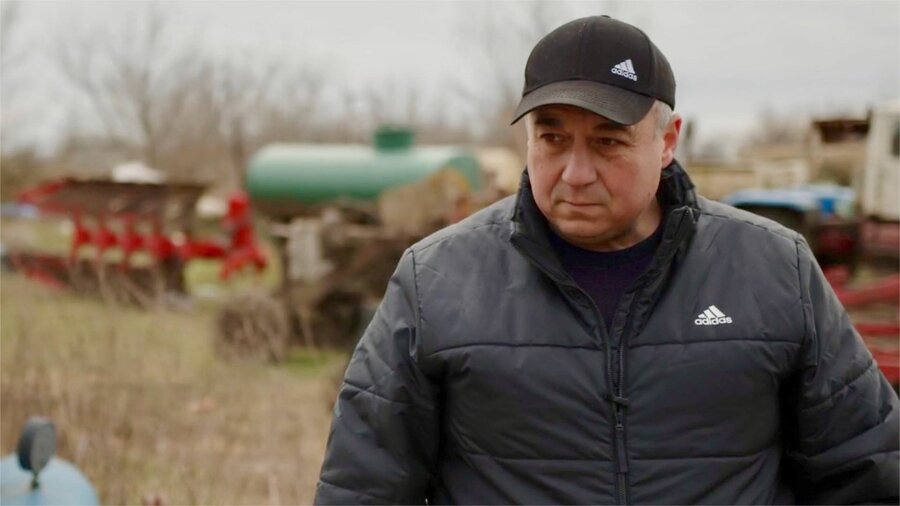
For the moment, many Ukrainians like Alyona depend on WFP food boxes containing staples like pasta, canned meat and sunflower oil.
Alyona's children have returned to school, but electricity and water are erratic, and the family's future is uncertain.
"I hope the war will end soon," she says, "and that life will return to normal."






